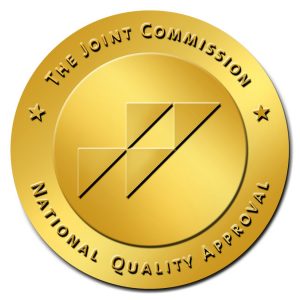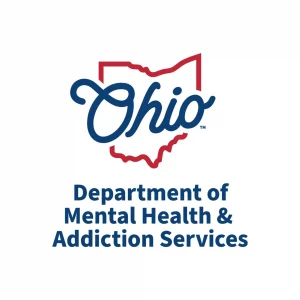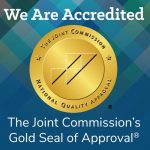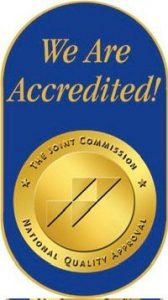🌟 Using Recovery-Oriented Treatment Planning Tools at Quiet Waters Clinics
At Quiet Waters Clinics, we believe that effective treatment begins with a plan rooted in the client’s voice, vision, and values. Recovery-Oriented Treatment Planning (ROTP) tools help us move beyond traditional, provider-driven models toward personalized, collaborative care that empowers clients to define and pursue their own recovery goals.
These tools are not just paperwork—they are living documents that support hope, dignity, and self-direction. They align care with what matters most to the client, promoting engagement, motivation, and long-term wellness.
🔧 Techniques for Using Recovery-Oriented Treatment Planning Tools
🗣️ 1. Start with the Person’s Story
-
Use open-ended questions to explore what recovery looks like for the individual.
-
Focus on strengths, passions, cultural identity, and lived experience.
📌 2. Set Meaningful, Person-Centered Goals
-
Replace clinical jargon with client-driven language (e.g., “I want to reunite with my kids” vs. “improve family functioning”).
-
Let the client define their goals in their own words, even if they seem “non-clinical.”
💡 3. Link Services to Personal Recovery Goals
-
Explain how each service (e.g., group therapy, MAT, peer support) helps achieve a specific goal the client cares about.
-
This increases buy-in and relevance of the treatment plan.
🤝 4. Collaborate During Plan Development
-
Involve the client and, when appropriate, their support system in the planning process.
-
Avoid making goals for clients—work with them, not on them.
🔁 5. Review and Revise Plans Regularly
-
Treat the plan as a dynamic tool that evolves as recovery progresses.
-
Review progress every 30–90 days and update based on new insights or life changes.
✅ Tips for Success with Recovery-Oriented Planning
-
Use visual tools like wellness wheels, life domain maps, or digital goal trackers.
-
Incorporate WRAP (Wellness Recovery Action Plans) or similar models to support self-management.
-
Celebrate small wins during progress reviews to reinforce hope and momentum.
-
Offer choices whenever possible: in services, scheduling, providers, and goals.
-
Train staff regularly in motivational interviewing and person-centered planning practices.
-
Include the client’s voice in documentation: direct quotes can bring the plan to life and honor their agency.
-
Focus on whole-person wellness, including housing, employment, relationships, spirituality, and personal growth—not just symptoms.
🌈 Our Commitment at Quiet Waters Clinics
Recovery-Oriented Treatment Planning reflects our core belief that clients are the experts in their own lives. By using these tools thoughtfully, we help create care that is empowering, collaborative, and truly transformational.











